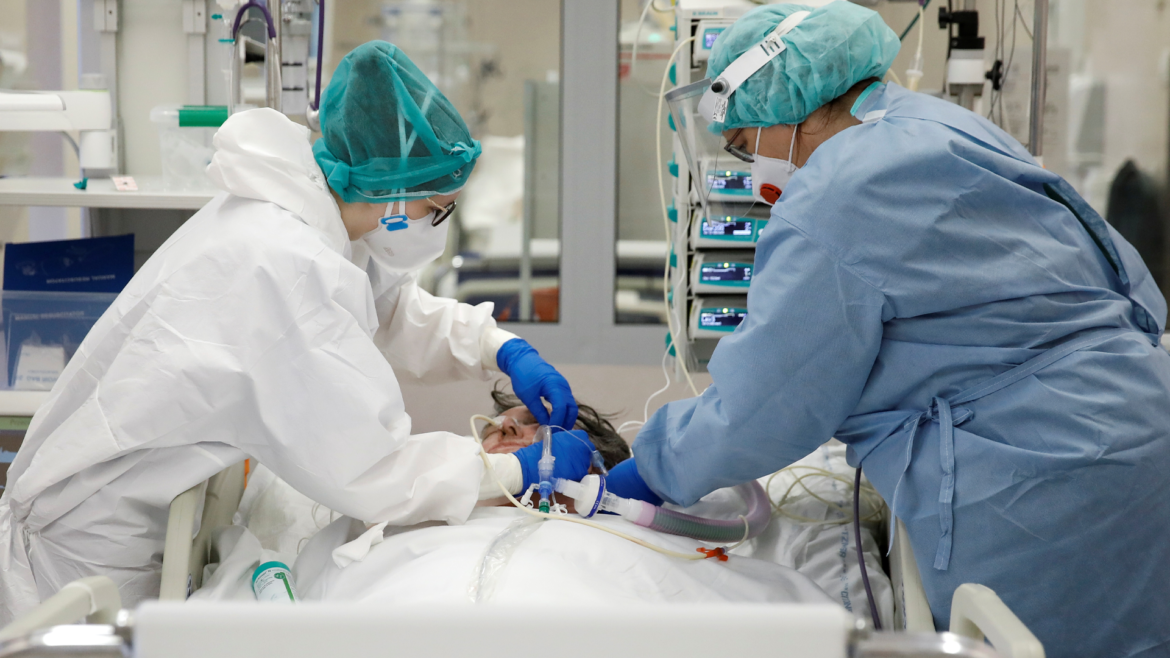SAO PAULO. — In 2018, Brazilian pensioner João sought medical help after he found a wart on his penis.
“I started visiting medical clinics to find out what it was, but all the doctors told me it was due to excess skin and prescribed medication,” the 63-year-old recalls.
Despite the medication, the wart continued to grow. It started to take a toll on his marriage and João and his wife’s sex life declined.
“We were like siblings,” he admits.
He was determined to find out what was going on.
For five years João, not his real name, went back and forth to specialists who prescribed more medication and ordered new biopsies. “Nothing solved it,” he says.
Then, in 2023, he was given a diagnosis —João had penile cancer.
“For my family, it was a very unpleasant surprise, even more so because I had to have part of the penis amputated. I feel like I was decapitated,” he says.
“It’s a type of cancer that you can’t talk about with people because it could turn into a joke.”
Penile cancer is rare, but incidences and mortality rates are on the rise around the world.
According to the latest studies, Brazil, where João is from, has one of the highest incidence rates of 2.1 per 100,000 men.
Between 2012 and 2022, there were 21,000 reported cases, according to Brazil’s Ministry of Health.
This resulted in more than 4,000 deaths and, over the past decade, there have been more than 6,500 amputations — averaging two each day.
Maranhão, the poorest state in Brazil, was found to have the highest incidence rate globally at 6.1 per 100,000 men.
Symptoms of penile cancer often start with a sore on the penis that does not heal and a strong-smelling discharge. Some people get bleeding and colour changes of the penis, too.
When detected early, there is a high chance of recovery through treatments such as the surgical removal of the lesion, radiotherapy and chemotherapy.
But if left untreated, partial or total amputation of the penis, and possibly other nearby genital organs such as the testicles, may become necessary.
João underwent a partial amputation in January and says it was a difficult time.
“It’s something you never imagine will happen to you, and when it does, you can’t just go around telling people,” he says.
“I was terrified of surgery, but there was no other alternative. The feeling in the first weeks after the surgery was one of sadness, I can’t deny it. Not having part of your penis is horrible.”
Some patients undergo a total amputation which is life-changing.
Thiago Camelo Mourão from the Department of Urology at AC Camargo Cancer Centre in São Paulo says: “In the case of partial amputation, urine continues to exit through the penis.
“However, in total amputation, the urethral orifice can be relocated to the perineum, between the scrotum and the anus, requiring the patient to urinate while sitting on the toilet.” — BBC.


